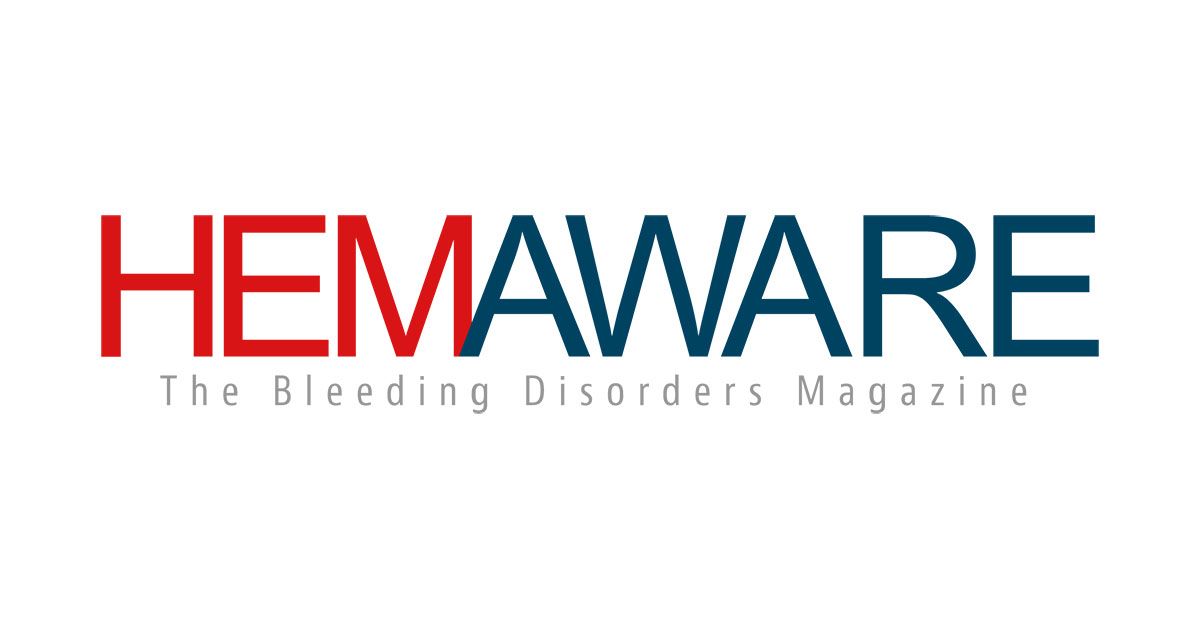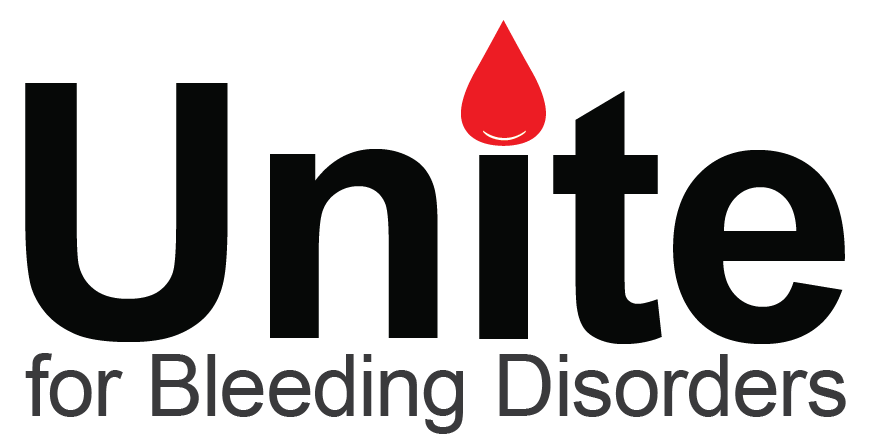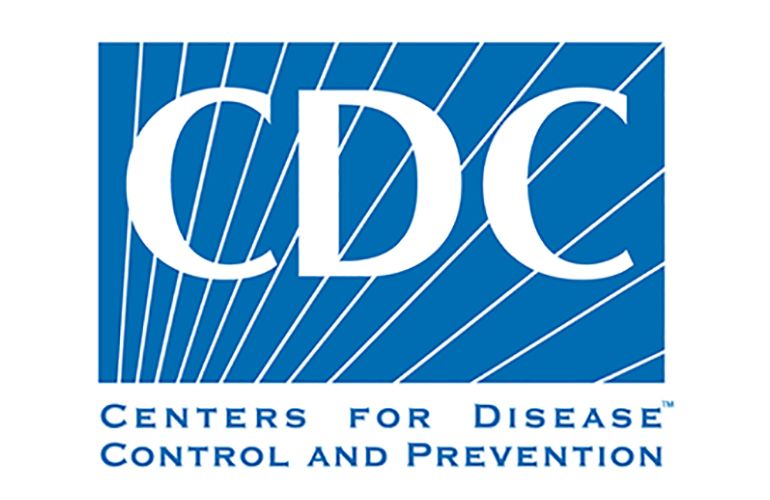Our Focus
The West Virginia Chapter of the National Bleeding Disorders Foundation, WVNBDF, provides education, support, awareness, and advocacy for the bleeding disorder community.
We are the leading resource for West Virginians affected by bleeding disorders. You can count on us to ensure your voice is heard. It’s with your help that we can make a difference. Learn more and get involved.
Our Mission ... Into Action
-
We provide mission-focused experiences through education, support, community connections, and fun for those affected by bleeding disorders.
-
We provide year-round events and fundraisers to spread awareness, educate, and generate crucial resources in support of our mission. Hope to see you at our next event!
-
 Advocacy
AdvocacyWe fight to protect access to quality healthcare and treatments we need to live healthy lives, but we can't do it without your voice. Discover how you and your family can make a big difference by joining our advocacy efforts.
News Articles
For Immediate Release
CONTACT:
Kyla Clark
National Bleeding Disorders Foundation
347-920-0047
kclark@hemophilia.org%C2%A0" title="Email for Kyla Clark">kclark@bleeding.org
NBDF Unveils THRIVE Campaign: Empowering Individuals with Bleeding Disorders through 6 Essential Steps
Pfizer recently provided new clinical trial updates for their investigational therapy marstacimab. The data was presented last month at the 2024 annual meeting of the European Hematology Association (EHA) in Madrid. Marstacimab is a laboratory-engineered monoclonal antibody developed to treat hemophilia A and B patients, with or without inhibitors.
The National Bleeding Disorders Foundation (NBDF) is excited to announce a new accredited educational opportunity for healthcare providers. This live/virtual program will focus on optimizing non-factor replacement therapy for hemophilia patients.
Advertisement
Click to learn more.














